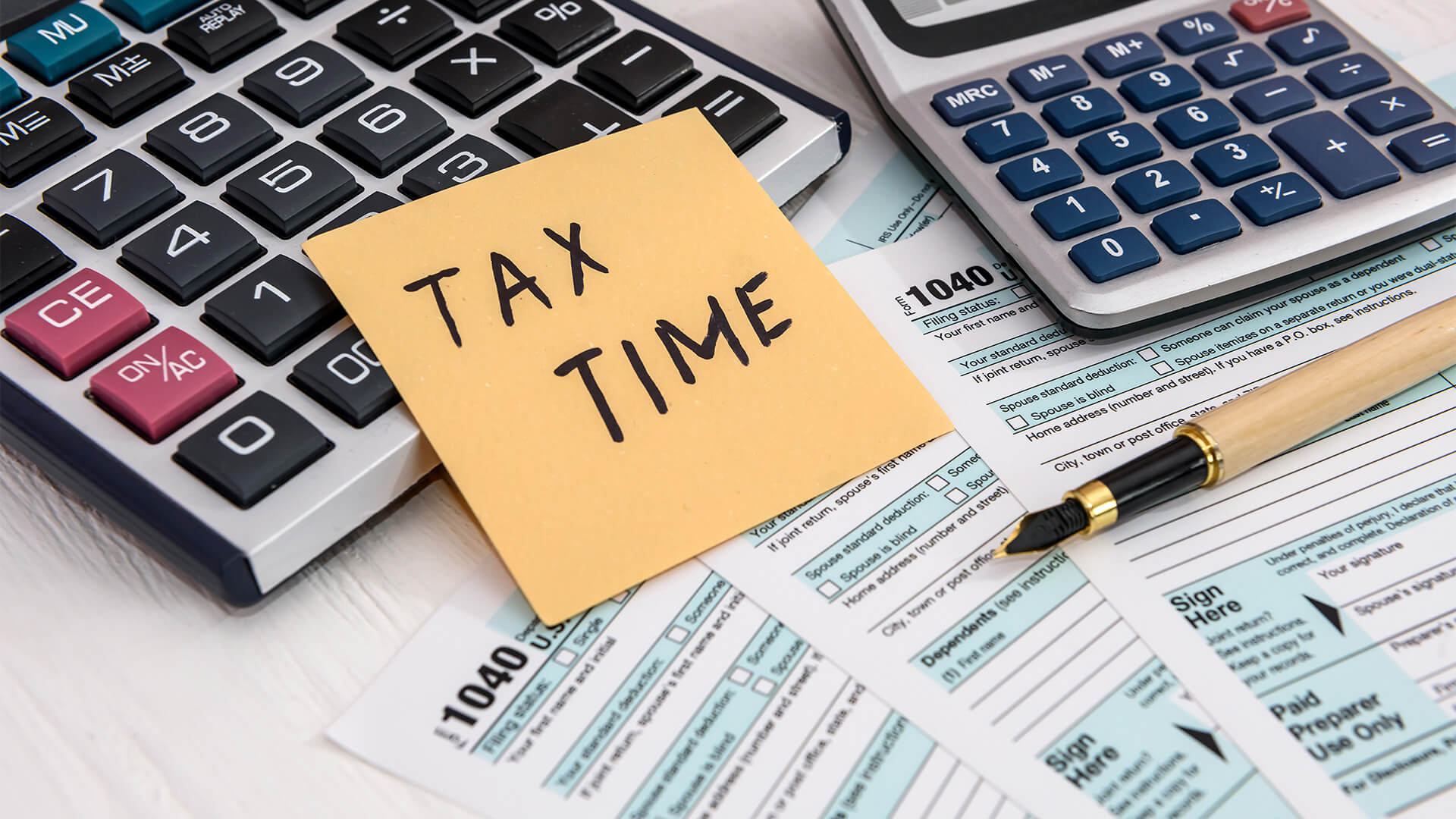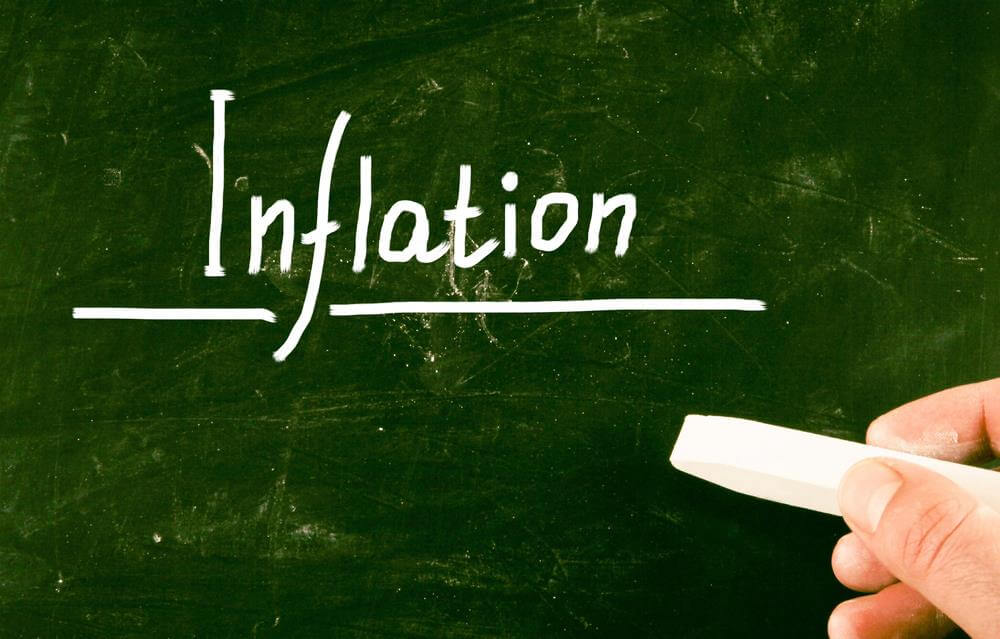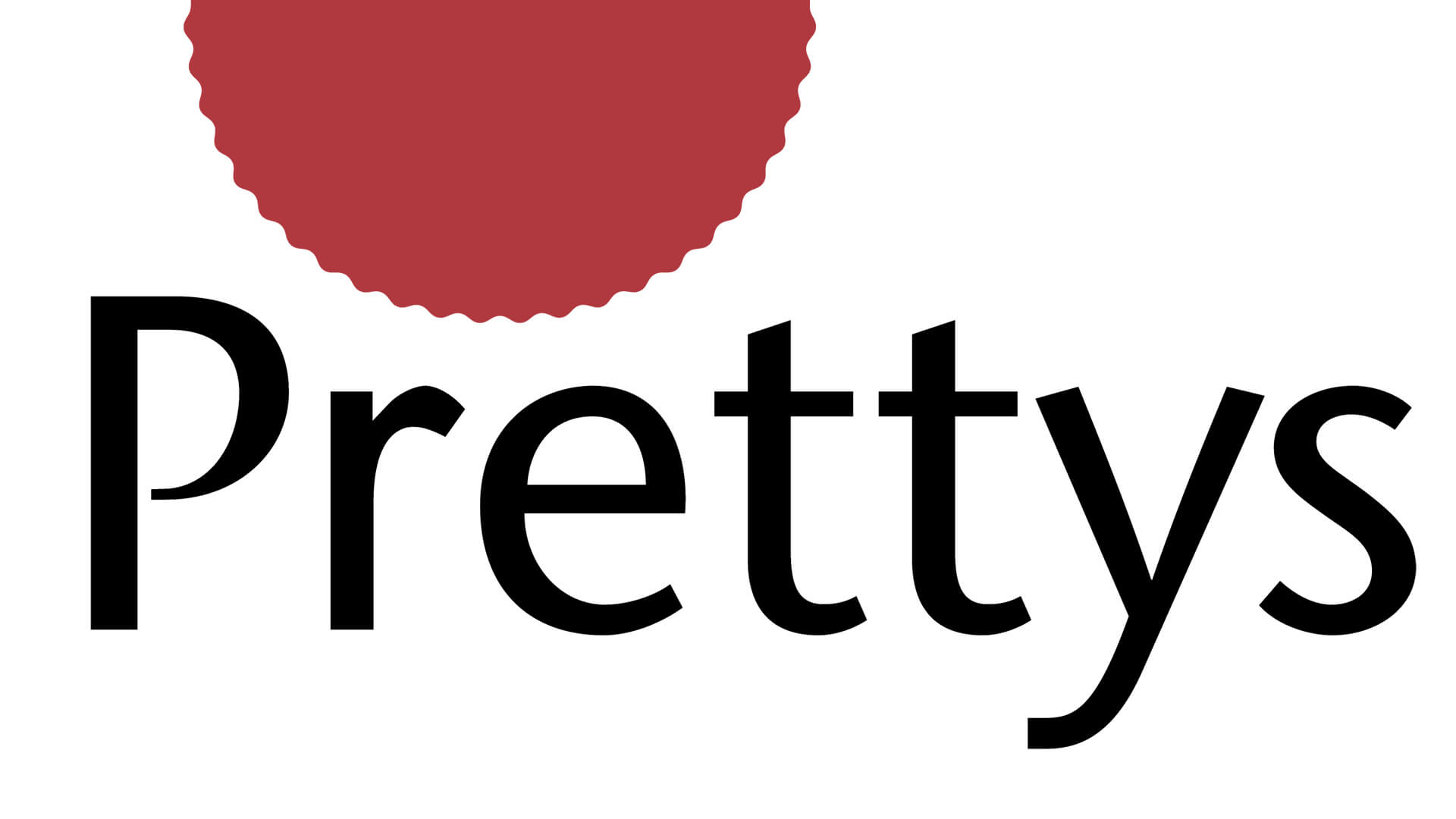
Tax time always seems to come around so quickly when we feel unprepared. Whether you are expecting a healthy return or anticipating a big sum to pay, there are lots of things to get in order before you complete your tax. If you feel out of control at the end of each financial year, here are five tips to get you through this EOFY. You might even learn some strategies and frameworks to roll into the next financial year too.
1. Clearly collate all information
Before you lodge anything or even get a sense of what you earned and can claim, you need to collate all your information clearly in one document. Your tax provider might have an easy-to-use template, or you can simply log it yourself. Generally speaking, it should include:
- Tax-deductible donations
- Earned income
- Purchased items that can be claimed on tax
- Any additional earnings
- Rental payments made to you from investment properties
Now, this information is going to vary based on your individual circumstances, so seek guidance to ensure that all the information you capture is relevant and included in your tax lodgement. When you land on a template and format you like, you can start to populate this information in the following year to save you the mad scramble at the end of the next financial year.
2. Keep abreast of all tax changes
In Australia, there are often changes to tax requirements, reporting requirements and the overall expectation of taxpayers. By keeping informed of these changes, you might save yourself a lot of draft attempts at your tax, and you are less likely to get a fine for late or incorrectly lodged tax. The Australian Tax Office (ATO) is the best place to see the current tax legislation and note which sectors and business types these changes relate to. For example, there might be new changes to businesses with five employees or less, and so this will not be relevant to businesses outside of that remit.
3. Start your tax preparation early
If you have employees, contractors or partners who need to give your information to complete your tax – then start this preparation early. Sure, the tax period does end on June 30, and so all information will have to be up until that point, but that does not mean you can’t start the communication early. Expect a bit of back and forth and some clarification, also noting how these professionals usually communicate. From here, you can work backwards and ensure by July 1 (or soon after), you have all the information requirements for an accurate and compliant lodgement.
4. Understand and account for depreciated assets and deductibles
It’s a real shame that businesses and individuals usually put depreciated assets and tax deductibles in the “too hard” basket. You could be leaving lots of money on the table and will not be setting yourself up for success. How depreciation works is that the laptop you bought for your business will depreciate over a year, and you can claim back that amount on tax. This means that when your laptop eventually dies, the cost of that laptop will then be $0. There are several platforms that will assist you in calculating your depreciation, and if you use very specialised technology or equipment, you may also like to get professional support in accurately calculating this figure.
As for deductibles, consider all the items that you have bought in a financial calendar year that have contributed to your work. This might be Ubers to a work event, flights to a meeting, hard drives to house your work document storage – really anything that you wouldn’t have bought if it was not for work. Keep the receipts of these purchases and be ready for an explanation of these goods if that is required.
5. Review your tax lodgement and position
In the mad dash of completing your tax, you would be forgiven for not actually taking the time to review your tax lodgement and reflecting on your position. This is really important, as we tend to just work in the business and not on the business and have few opportunities to weigh up what is and is not working. You might be surprised at what you can glean from this intimate assessment of your business, and you might also spot opportunities doe the year ahead. Don’t let this opportunity pass you by, and allocate time in your diary to understand your position.
We hope you are feeling more prepared for the next EOFY and know that you can always work towards a better system each year. Working with a tax professional is a fantastic place to start, but it is not necessary if you have a methodical approach and follow the ATO guidelines.


























